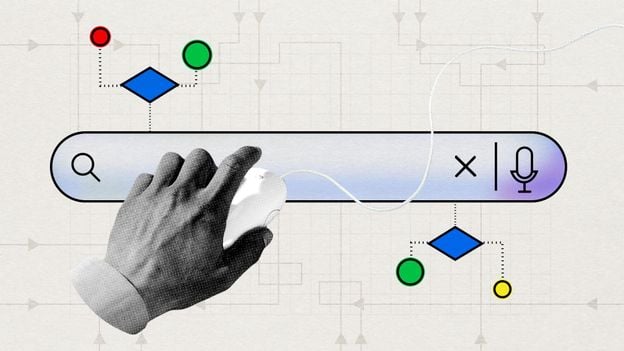Summary
“We’re at the mercy of Google.” Undecided voters in the US who turn to Google may see dramatically different views of the world – even when they’re asking the exact same question.
Google’s influence on information access is under scrutiny for reinforcing users’ biases through its algorithms. Searches for “good” or “bad” perspectives on topics like Kamala Harris’s candidacy or health questions produce results that confirm existing beliefs, explains Sarah Presch of Dragon Metrics.
Experts such as Varol Kayhan and Mark Williams-Cook argue that this approach amplifies confirmation bias, shaping perceptions and deepening societal divides. While Google claims to reflect user preferences, critics warn of risks in its evolving “answer engine” model and its growing impact on public opinion.



Ya, a bit, I guess. I just don’t think talking down to someone is ever really a good way to communicate (unless the interaction is in fact adversarial and that’s the whole point). That being said I suppose I also get that sometimes it’s desirable to express exasperation, even if it’s not constructive or polite.
Yeah exactly, fuck you 😅